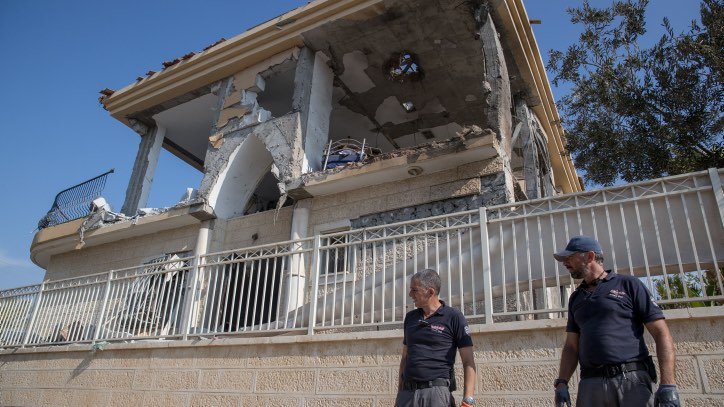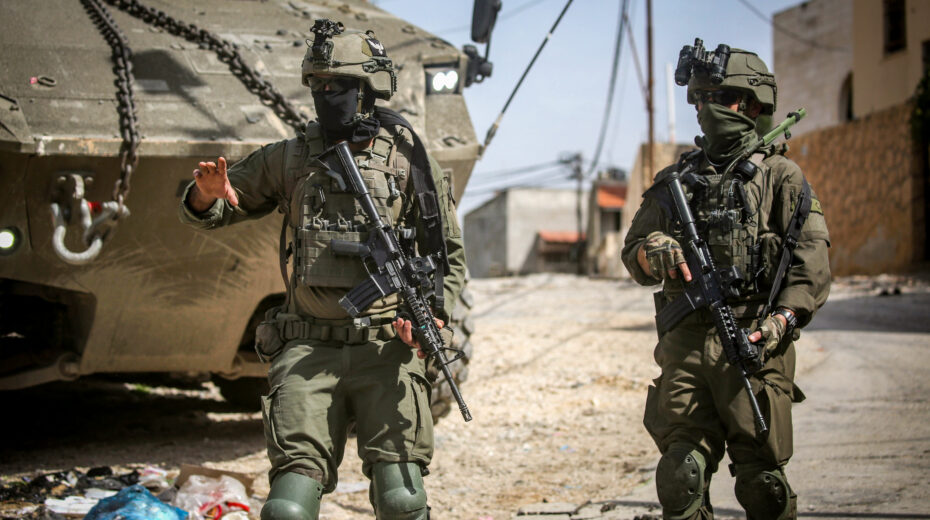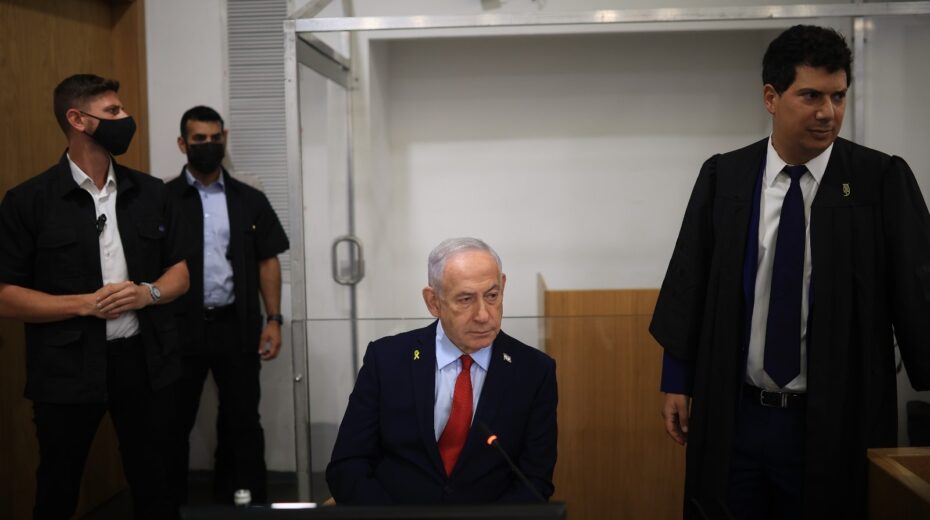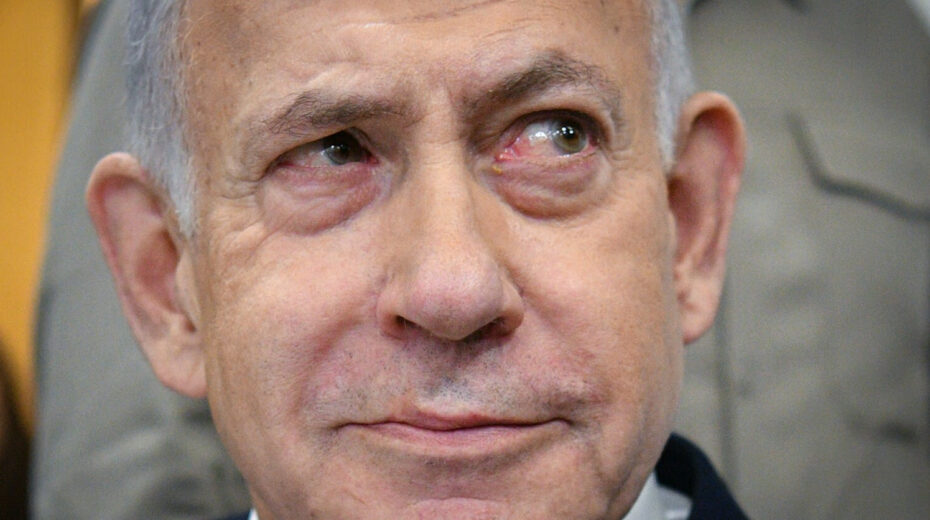Hamas and Israel came a step closer to all-out war on Tuesday night after two upgraded GRAD missiles were launched at major Israeli population centers from the Gaza Strip.
A house in the southern Israel city Beersheva was hit causing damages, while a mother and three children had to treated for shock.
A second missile fell in the sea opposite a beach of a major population center in central Israel, most likely Tel Aviv.
On Wednesday morning the Code Red alarm sounded again in the region close to the northern Gaza border.
The Israeli army pounded several Hamas targets in Gaza after the nighttime missile launches, killing at least seven Palestinian Arabs, according to Palestinian media.
The latest escalation came after Israel Defense Minister Avigdor Liberman signaled he had had enough of the relentless violence along the border with Gaza, and the significant increase in infiltration attempts from the coastal enclave.
Liberman told reporters that the Israeli cabinet has to decide if it will embark on a large-scale military operation against the Palestinian terror movements in Gaza in light of the wave of attacks against IDF soldiers and civilians in southern Israel.
The security cabinet was scheduled to discuss the deteriorating situation in southern Israel on Wednesday morning.
“My opinion is very clear,” said Liberman. “We must land a strong blow against Hamas. That’s the only way to lower the level of violence to zero, or close to zero.”
The Israeli DM revealed that he had changed his mind about a large-scale military operation against Hamas and the other terror groups in Gaza after violent riots that took place along the Gaza border last Friday night. Those riots came after Israel had allowed into Gaza a large amount of fuel that had been purchased from an Israeli company by Qatar, Hamas’ most important sponsor.
“We have exhausted all other options in Gaza,” Liberman said during a visit to the headquarters of the IDF’s Gaza Division on Tuesday morning, just days after he had ordered a complete halt to the fuel supplies.
“I’ve held a series of meetings with the head of the Southern Command, the head of the [Gaza] Division, the brigade commanders, the battalion commanders, also with soldiers. My impression is that they all have reached the understanding that the situation as it is today cannot continue,” Liberman added.
Hamas has been ramping up the violent riots along the border fence in order to achieve the complete removal of what it calls the Israeli “blockade” or “siege.”
Ismail Haniyeh, the head of Hamas’ political bureau, vowed last week to continue what the Sunni Islamist terror group calls “The Great March of Return” until “the siege on Gaza is cast off.”
Ever since Hamas violently seized control of the Gaza Strip from the Palestinian Authority, Israel has, with a few short interruptions, allowed an average of 100 trucks with all sorts of essential goods and fuel into Gaza daily.
A week ago, Israel also announced it was willing to to issue entry permits for 5,000 merchants from Gaza for business purposes, while Qatar would be allowed to pay the salaries of civil servants in Gaza and to finance humanitarian projects in the poverty-stricken enclave.
Attempted Abduction
The situation in southern Israel further deteriorated last Friday when an estimated 15,000 Palestinian Arabs participated in an orgy of violence along the border with Israel, while Hamas used the chaos to launch another attempt to infiltrate the Jewish state and to kidnap IDF soldiers.
After a Hamas’ cell detonated a large explosive device that blew a hole in the security fence, some 20 terrorists attempted to infiltrate Israel under cover of a dense black cloud created by burning tires. An IDF unit tried to push the Hamas squad back by using live fire, killing three terrorists and wounding several others.
The IDF later said the infiltration attempt was meant to kidnap a number of IDF soldiers after which Hamas would demand a complete removal of the embargo on goods it uses to produce weapons, missiles and terror tunnels.
Hamas clearly misinterpreted Israel’s willingness to improve the humanitarian situation in Gaza and apparently thought it was the beginning of Israel’s capitulation.
Since the end of March, the Islamist terror organization has organized weekly violence along the border between Gaza and Israel and attacked the Israeli communities there with incendiary balloons and kites.
The ‘offensive’ caused an ecological disaster in southern Israel, but failed to bring the Jewish State to its knees.
For this reason Hamas recently decided to up the pressure on Israel by launching nightly attacks on IDF positions with grenades, improvised explosive devices and lasers to blind IDF soldiers.
At the same time, the terror group stepped up its efforts to infiltrate Israel and to abduct Israeli soldiers or citizens, while continuing the digging of terror tunnels under the border with Israel.
On Oct. 11 the IDF blew up one of these tunnels, which penetrated 200 meters into Israel and was equipped with electricity and communications devices.
It didn’t achieve Hamas’ goal of a complete removal of the Israeli ‘blockade’ either, and as things stand now the terror group could face another devastating defeat at the hands of the IDF.
Israel Prime Minister Benyamin Netanyahu told his ministers on Sunday that if Hamas doesn’t come to its senses “they will be stopped in a different way.”
PHOTO: A house in the southern city of Beersheva that suffered a direct hit by a missile fired from Gaza. (Yonatan Sindel/Flash90)











